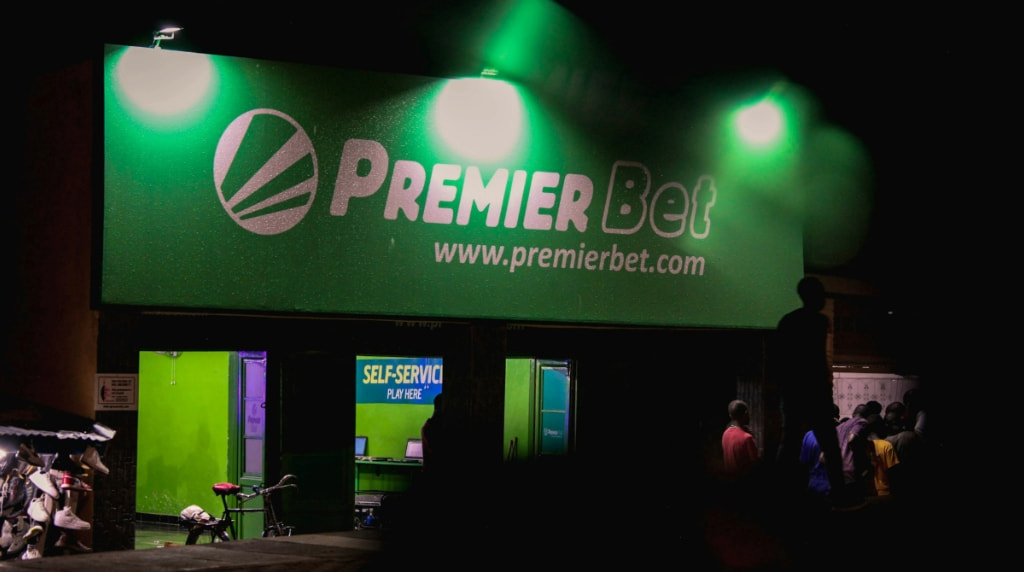Brazilian Sports Betting Bill Passes Senate
At long last, the Brazilian Senate has passed the Bill regulating sports betting. This is something of a milestone for the South American country, which has been debating the subject of legalized betting for years. After some recent delays in the Senate, it looked like the bill might not pass by the end of 2023, which was a blow to those who are proponents of the bill and to the Ministry of Finance, which is counting on estimated income from the project to add to 2024’s budget. The passing of the bill in the Senate is a great leap for betting in Brazil, and many are relieved that the result was achievable during this year.

Brazil’s online sports betting bill has finally made it through the Senate.
©Raphael Nogueira/Unsplash
A future for sports betting in Brazil
Though Brazil’s passing of its sports betting regulation bill, 3626/23, this December is a significant achievement, the journey is not quite over for Brazilian sports betting. The project must now return to the Chamber of Deputies for further review. The Chamber may choose to make modifications to the text.
The bill itself was prepared by Brazil’s Executive Branch thanks to a general consensus across the government that most are in favor of regulating sports betting. Sports betting has been available in Brazil for some time, but via offshore betting providers. These platforms, while popular, are not regulated and thus not subject to taxation in the country. This leaves much money on the table when it comes to Brazil’s future budgetary concerns.
Some amendments were suggested during the Senate’s review of the bill this time around. One was an amendment by Senator Carlos Portinho. Portinho suggested amending the bill by limiting the scope of sports betting to only real sporting events. This would remove online casino games from the regulatory project, for now.
Senator Tereza Cristina also suggested an amendment excluding physical machines from being installed as a result of the regulation. Both of these amendments were voted on and approved by the senate as they had majority support.
The last point that was voted on had to do with advertising in sporting venues. This is also connected to the sometimes controversial practice of allowing sports houses to sponsor athletes. Senator Eduardo Girão presented an amendment that would have banned this kind of advertising and sponsorship but it was not approved.
Through the approval of this law, several other existing Brazilian laws are amended. One concerns how prizes can be freely distributed in connection to advertising or promotion. Another concerns lottery income allocation and fixed-odds betting as a lotto modality.
Within the bill is also the allowance for a taxation infrastructure which will affect operators as well as winners of prizes in sports betting. Based on an earlier law, operators get to hold on to 95% of their gross income after income tax and paying of prizes. However, this has been amended by the sports betting law, which changes the amount to 88%. This means significant revenue for the state.
Sports betting operators in Brazil must also pay a fee — also known as a license fee or subsidy — to the country in order to legally operate. The fee is worth $6 million USD. Some interesting aspects of the betting scene are not covered by Brazil’s bill. These include fantasy sports (DFS) and electronic sport happening in a virtual environment, i.e. esports.
The profits generated by sports betting in Brazil will be divided between social security, sports, education and tourism. Within these bucket categories, further granular distribution amounts have been determined, in percentages ranging from 0.05% to higher amounts.
Operating companies must be approved by the Ministry of Finance. The operating period shall be five years to start with but can also be reconsidered at any point. Companies must obey certain rules and meet specific standards in order to become eligible for licenses.
It is exciting to imagine how this development will unfold over the coming months as the project gets put into action. Brazilians will soon be able to enjoy regulated sports betting from trusted providers, and the project should meet a meaningful monetary infusion to the state’s budget.



